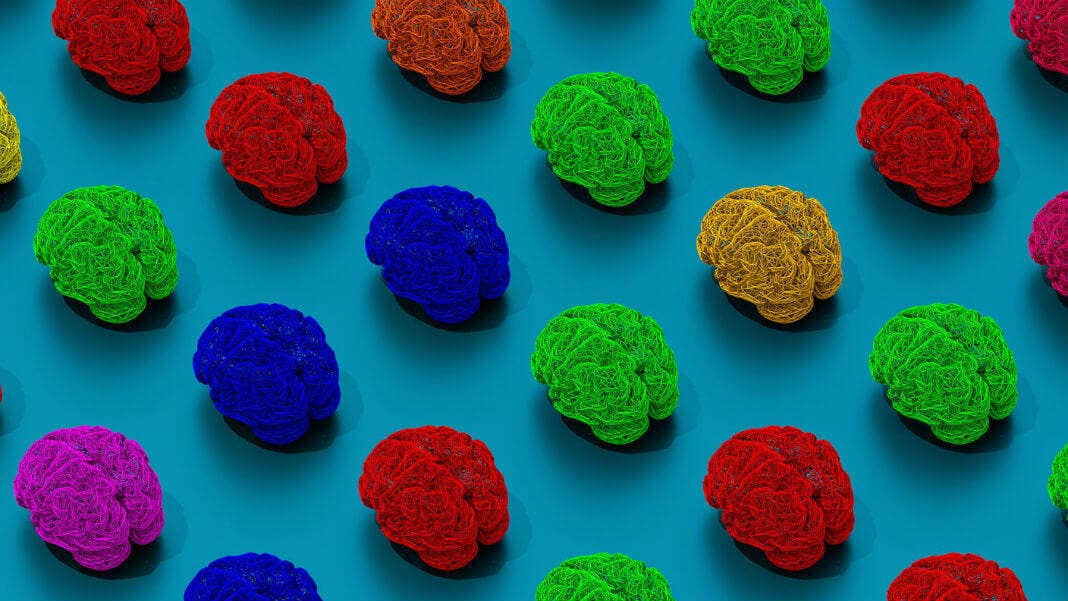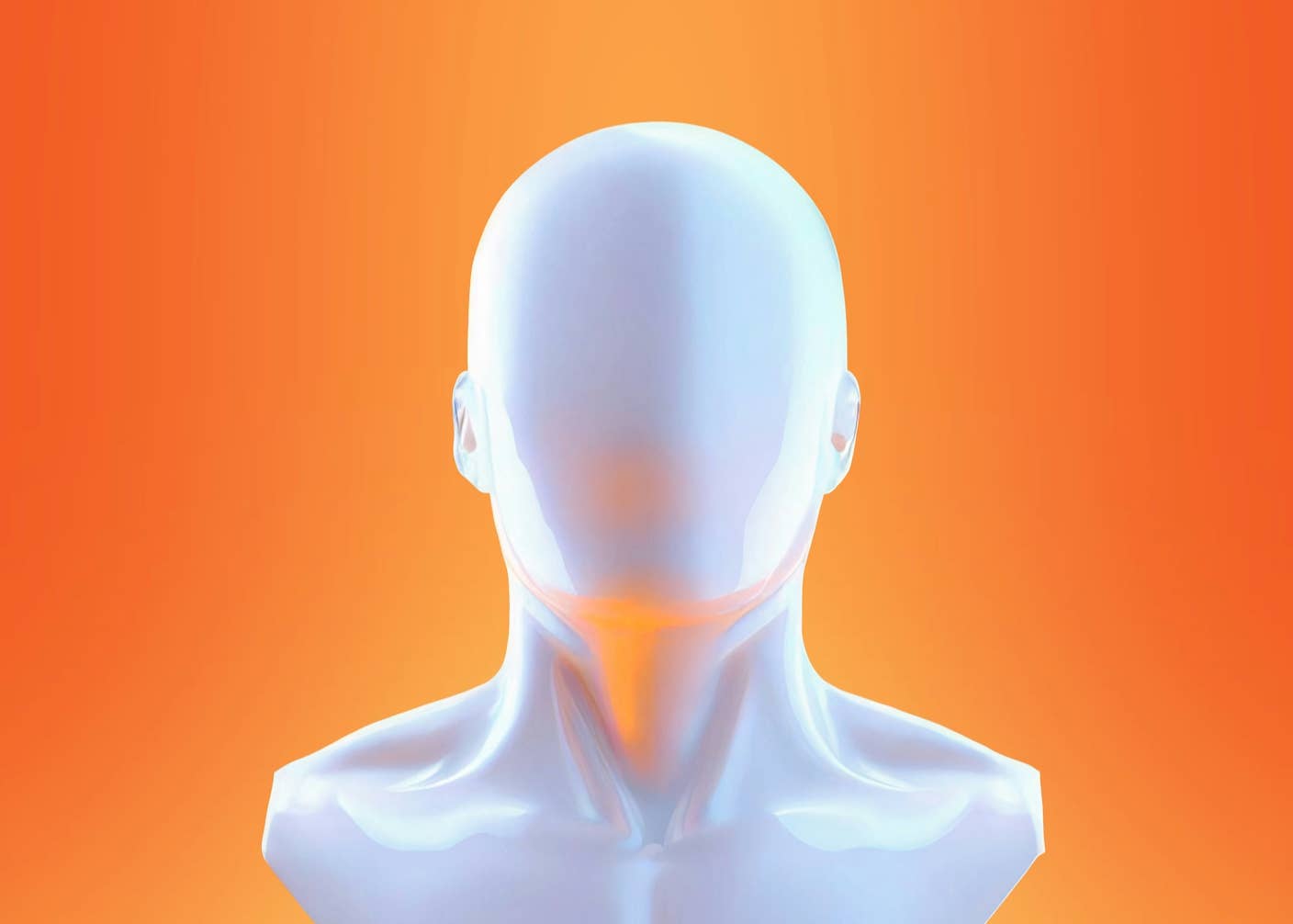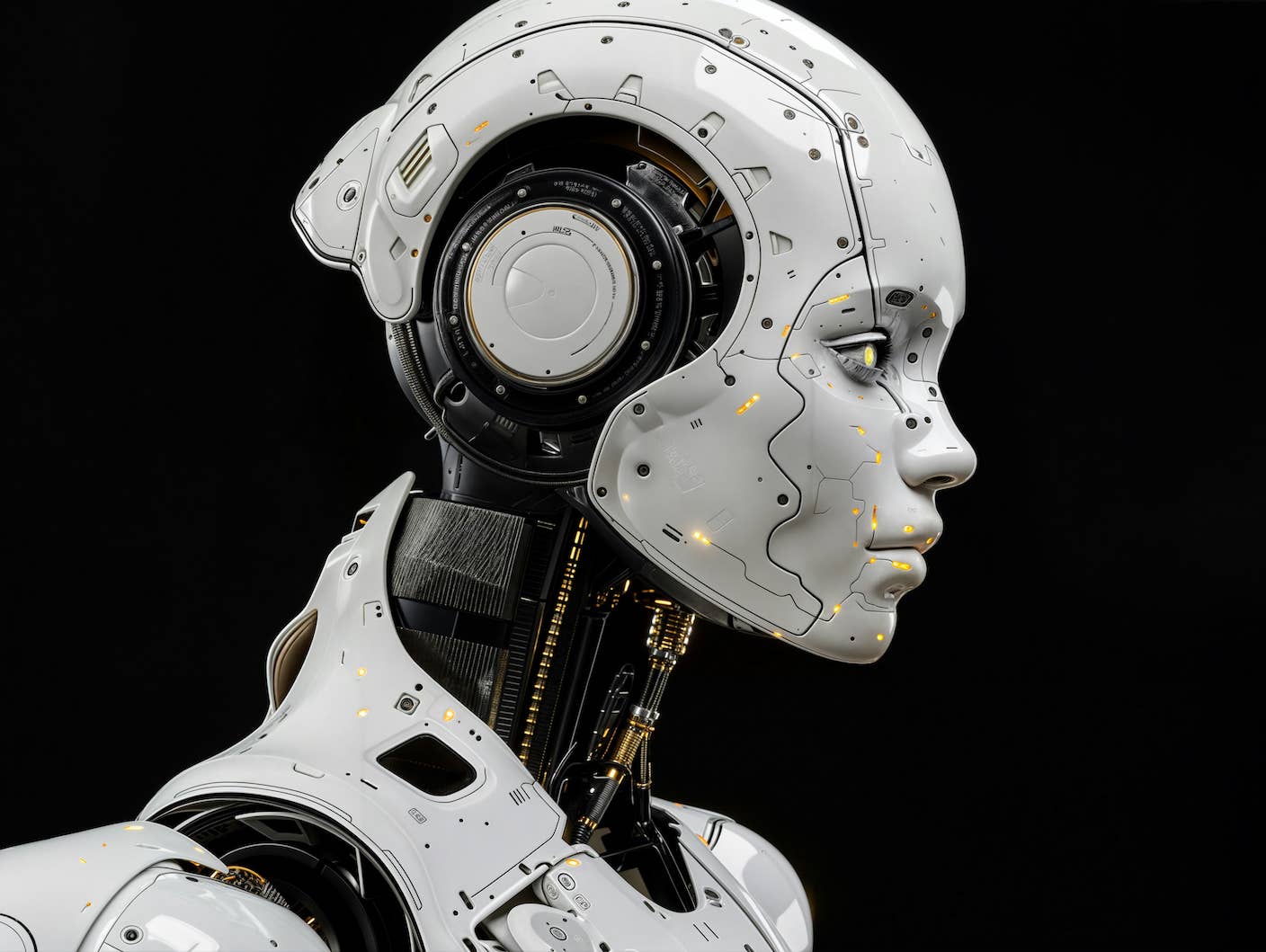This Startup Is Dreaming of a Global Brain on Blockchain

Share
Artificial intelligence is one of the most celebrated and hyped concepts today. From science fiction to the nightly news, AI has been making record headlines, whether it will become the most dangerous technology around or the one most likely to save humanity. And it isn’t the only technology riding the hype wave. Cryptocurrencies and blockchain, once the territory of dark net denizens and righteous Redditors, are topics of conversation in even the most venerable and stodgy of publications.
What happens when you combine the two? Yes, a buzzword Armageddon. But also a fascinating vision of a future in which AI and blockchain converge.
Decentralized blockchain technology may hold the key to tapping AI’s potential in a democratized way, one that opens participation in the AI economy of the future to more than just a tiny handful of the largest technology behemoths. And blockchain may even be used to not only develop AI but also potentially to function as the white matter linking today’s narrow AI into a global brain.
AI for All
Ben Goertzel, a leading AI researcher, thinks the key to steering us towards a future in which AI is the best thing to happen to humanity is to develop it in an open, democratic, distributed way using blockchain—which is why he’s developing SingularityNET.
SingularityNET is a decentralized platform for AI. Goertzel and his team aim to build a blockchain-based infrastructure to enable various kinds of AI algorithms—from image recognition to natural language processing—to flexibly interact with one another in real time. The system will also be a way to track which algorithms are being used and to compensate developers accordingly.
Instead of humans manually stringing together algorithms, as the system develops, they’ll be able to communicate data and coordinate processing with one another. In the system’s initial incarnation, a user who has a task to complete using AI, training a robot to dance, for example, would send that task to the system, which would then parcel it out to various algorithms specializing in the different skills required to complete the task. The developers whose algorithms are used to complete the task will be compensated by the system with the tokens the user spends to get the task completed.
In the near term, Goertzel believes this kind of platform can create more democratic and inclusive business and software frameworks for applied AI and allow work to flourish outside of just big tech companies. And so far, it’s been a popular idea. SingularityNET’s December token sale raised $36 million and sold out in less than 60 seconds. The hope is this decentralized infrastructure proves the best way to provide high-quality, low-cost practical AI services to businesses across nearly every market.
But Goertzel’s vision goes even further than that.
The Emergence of a Global Brain?
Many great advances in AI thus far are “narrow” and apply only to a specific domain. An algorithm may be able to play games like an expert but it can’t do much else. The future of AI, however, is artificial general intelligence (AGI), where AI is flexible and can learn any task, more akin to our own intelligence. Goertzel thinks blockchain projects like SingularityNET could get us there.
In an interview, Goertzel said blockchain is a distributed way to operate a complex network of AI systems.
Just as a human body has no central controller—even the brain does not control every system in the human body and within the brain there is no central controller—a distributed blockchain-based network enables a dynamic platform for the coordinated development of AGI without a controller. The idea is to stitch narrow AIs, which are somewhat analogous to brain regions, into a whole system, that functions like the brain itself.
Be Part of the Future
Sign up to receive top stories about groundbreaking technologies and visionary thinkers from SingularityHub.


There’s another benefit to building AGI on the blockchain too. In recent years, there’s been a hot debate about how to safely create AGI. Stephen Hawking, for example, famously fears the potential downsides of the technology. “Success in creating effective AI could be the biggest event in the history of our civilization. Or the worst. We just don’t know,” Hawking said. “So we cannot know if we will be infinitely helped by AI, or ignored by it and side-lined, or conceivably destroyed by it.”
The question, then, is how to maximize the chances we get the former and minimize the risk of the latter.
Blockchain could be a key tool in AI safety, according to Goertzel. When it comes to developing beneficial AGI, he said, the more people involved in the project and the less centralized the control over its creation, the more likely we’ll get a positive outcome and wider benefit in the long run.
“There are no guarantees one way or another,” Goertzel said. “But the odds of a good outcome are highest with an open, transparent, decentralized approach, both because more brains can work together on the problem and also because the overall network would have the highest level of intelligence, rather than individual algorithms or systems.” Further, compromising the overall distributed network is much more difficult for potential bad actors than compromising individual AI systems.
Ultimately, a world in which data can be securely and transparently shared and in which AI can be developed and utilized in a democratic and distributed fashion is more likely to lead to a future of abundance, in which AI is the best thing to happen to humanity.
“[Our project will make] AI available to people around the world, including small firms and private individuals,” Goertzel said. “Anyone who wishes to collaboratively participate in the decentralized platform that will enable a transition from today’s constellation of narrow AIs to the next stage in the development of AI—autonomous, flexibly self-organizing AGI.”
Disclosure: This article is intended for educational purposes only and is not investment advice. Please do your own research before making any investment decisions. Cryptocurrency investments are volatile and high risk in nature. Do not invest more than what you can afford to lose. The author owns assorted digital assets, including the ones named in this article. The author is a principal at Crypto Lotus LLC, a cryptocurrency hedge fund based out of the San Francisco Bay Area, which has positions in various digital assets, including the ones named in this article. All opinions in this post are the author’s alone and not those of Singularity University or Crypto Lotus. This post is not an endorsement by Singularity University or Crypto Lotus of any asset, and you should be aware of the risk of loss before trading or holding any digital asset.
Image Credit: christitzeimaging.com / Shutterstock.com
Nathana O’Brien Sharma is faculty at Singularity University in artificial intelligence, blockchain technology, and the future of law and governance. Nathana is general counsel at Labelbox, a leading artificial intelligence software company backed by Andreeson Horowitz, Kleiner Perkins, First Round, and Gradient, Google’s AI focused venture fund. She advises companies and governments on the application of blockchain technology and artificial intelligence. Nathana worked as an intellectual property associate at Gunderson Dettmer, a leading emerging company and venture capital law firm. She has also worked at the Israeli Supreme Court and the Center for Creative Technologies. Nathana is a JD/MBA graduate of Yale Law School and the Yale School of Management, as well as Singularity University’s 2012 Global Solutions Program.
Related Articles

Scientists Want to Give ChatGPT an Inner Monologue to Improve Its ‘Thinking’

Humanity’s Last Exam Stumps Top AI Models—and That’s a Good Thing

AI Now Beats the Average Human in Tests of Creativity
What we’re reading